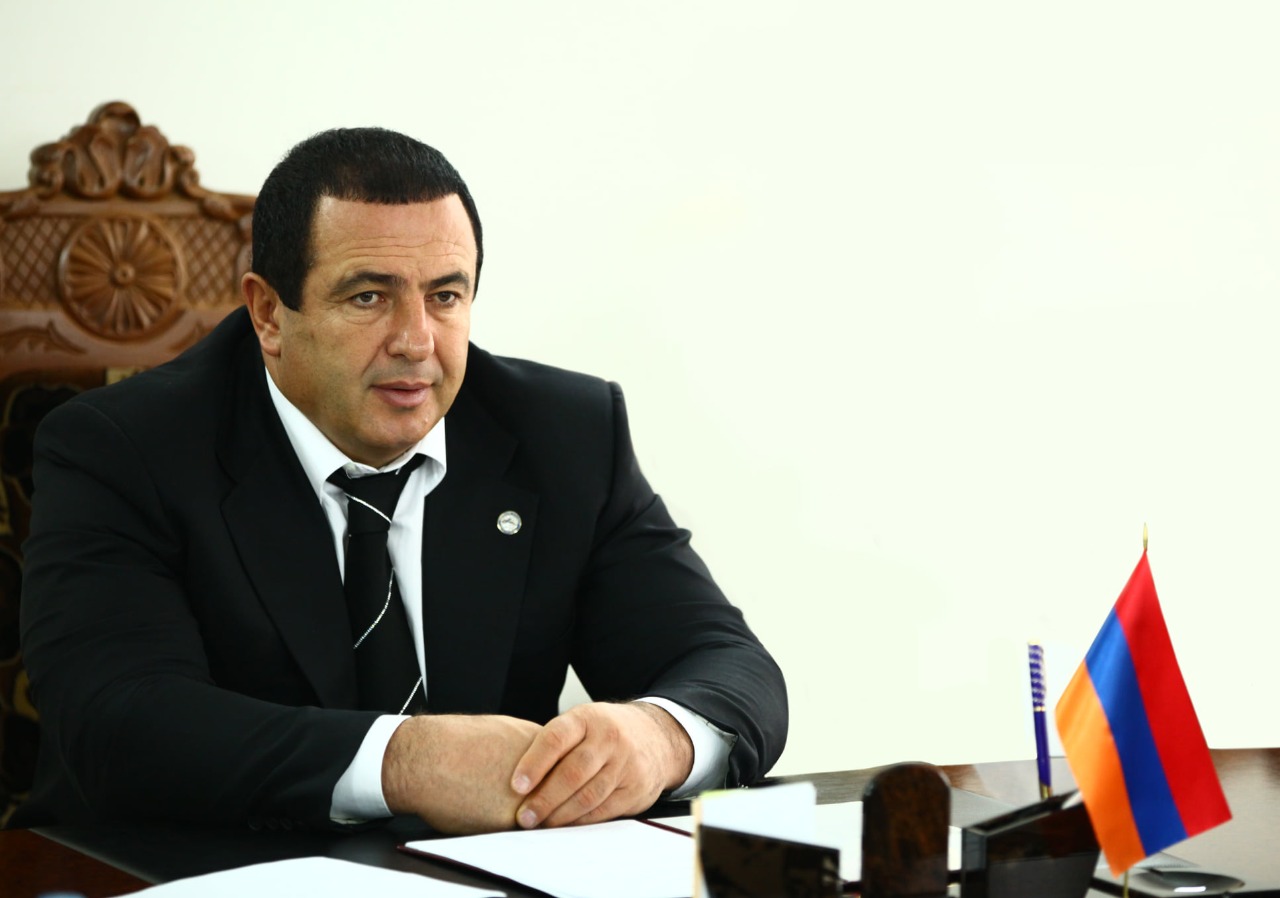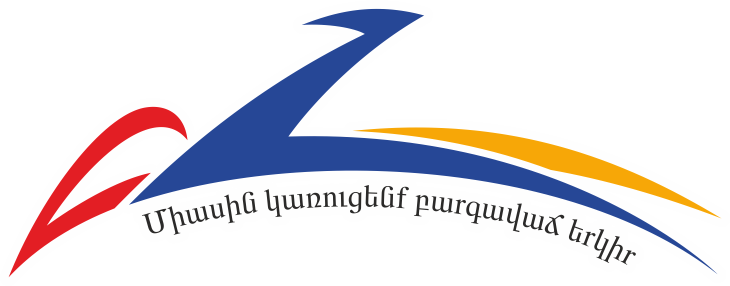RA could be a bridge between the West and Russia, but it is becoming a platform for conflict

Gagik Tsarukyan, the president of Prosperous Armenia Party, presented his vision on the processes taking place around Armenia and Nagorno-Karabakh in an interview given to Sputnik Armenia. He also spoke about the threats present in various negotiation platforms.
- Mr. Tsarukyan, Armenia is in a tense negotiation process with Azerbaijan. How do you see the perspective of today's negotiation process, which is developing simultaneously in several directions: the USA, Brussels, Moscow, Chisinau...
- Armenia has always been a supporter of a peaceful negotiation process, and the unleashing of war by Azerbaijan has broken not only the peace in the entire region, but also all negotiation formats that existed before the war. It was possible to stop the war only thanks to the efforts of the Russian leadership, and today the only document that ensures a fragile peace for Karabakh is the Tripartite Declaration of November 9, which was signed under the auspices of Russia.
That document, as well as the statements made by the leaders of the countries in January 2021, are for the present the most distinct steps of the road map leading to de-escalation. Of course, we still can and should work out those points and find the most optimal and acceptable solutions. But attempts to bypass these important steps and the creation of new, different platforms contain enormous risks.
Today we must realise the seriousness of the situation, understand all the changes that have taken place not only in the region, but also in the whole world. No matter whom the parties will apply for mediation, in which capital they will organize meetings, we clearly understand that the Russian peacekeepers are standing between the civilian population and the Azerbaijani army in Karabakh, and that it is with Russia that the parties make agreements that will be possible to implement. We have the 120,000 population of Karabakh, real human lives, real historical land, we cannot approach this issue so lightly.
- However, how does the West influence the negotiations? How would you characterize that influence as help or interference?
- Without excluding the possibility of the West’s sincere desire to be useful for peace talks between Armenia and Azerbaijan, however, everyone understands that today the main goal is to alienate Armenia from Russia, to use this "favorable" period to weaken Russia's position in our region. But we are a CSTO member and we wouldn't want to change the vector, it's not a momentary game, the security system means relations developed for years, active structures.
At the same time, it should be taken into account that there are certain expectations within Armenia, and this is also a reality that cannot be ignored. Both sides have questions that are asked and will always be asked, and they need to be honest and speak openly about them. Strategic military-political relations with Russia are really important for Armenia, and here also there is a need for open dialogue for the benefit of those relations.
The situation is not easy for Armenia, being a country a huge part of whose people live outside its borders. For historical reasons, millions of Armenians have been living not only in Russia, but also in Western countries for decades.
Of course, this affects Armenia’s foreign policy.
Being abrupt and burning bridges is not about Armenia. On the contrary, it would be good if Armenia itself became a peculiar bridge between the West and Russia, a bridge for the resumption of peace and cooperation. But for now, unfortunately, they are trying to use Armenia in the exactly opposite direction, as a new platform of conflict. This is very unfair to the country that has not yet recovered from the bloody war and is constantly under the gun of Azerbaijani-Turkish troops.
- The situation in the world, including economic, is still unstable. What do you think, will Armenia be able to maintain balance in such a fragile world?
- Armenia is a member of EAEU, thanks to which we have not only energy stability, but also growing markets for the sale of Armenian products. I am well informed of this sphere and I can say for sure that Armenia manages to maintain economic stability today precisely because of these two mentioned reasons.
But, of course, there is always the need for dynamic, positive work. We cannot be satisfied with what we have as it will lead to stagnation, but if we think about constant updating of relations and methods, creation of new opportunities, perspective work, we will bring real benefit to our peoples and our countries.

